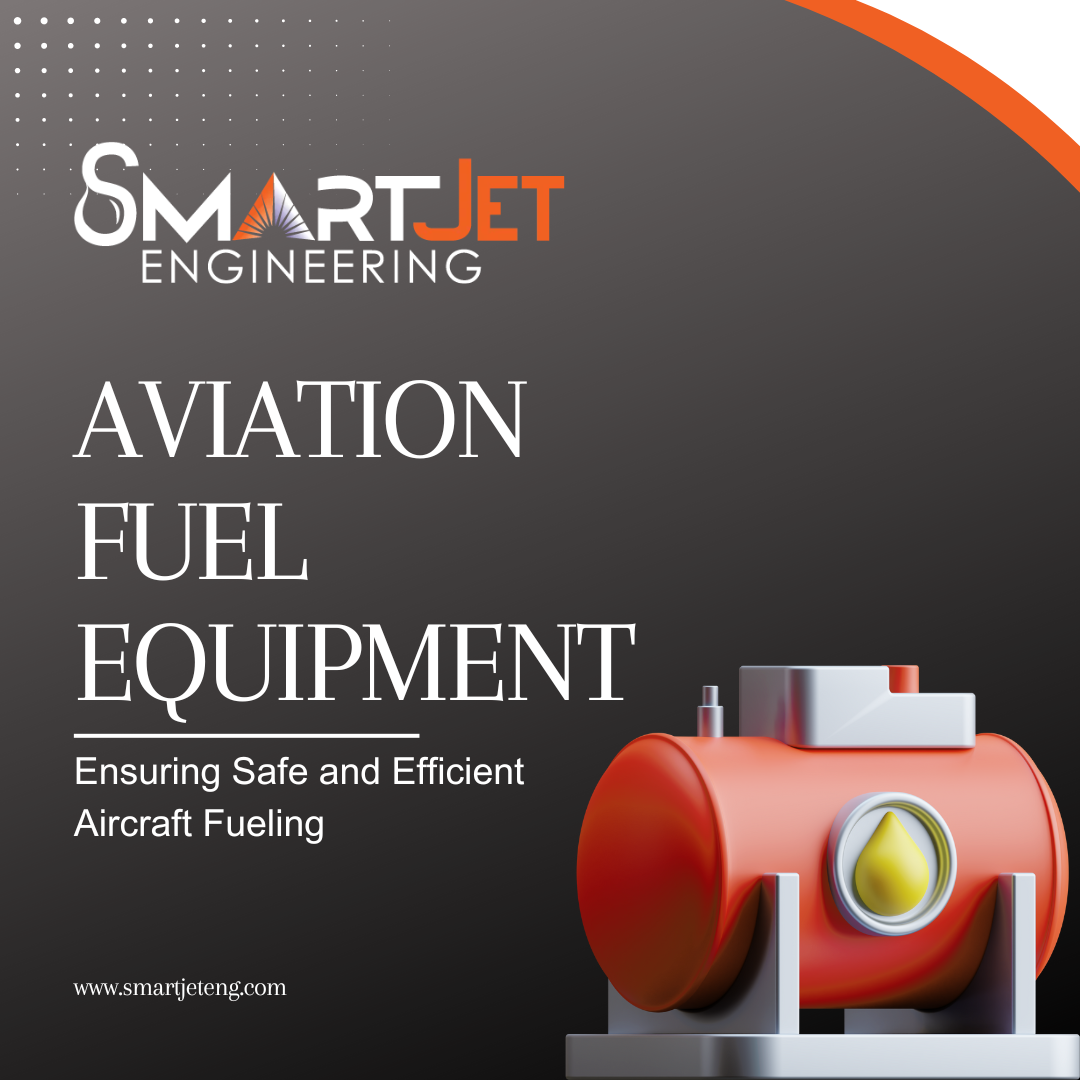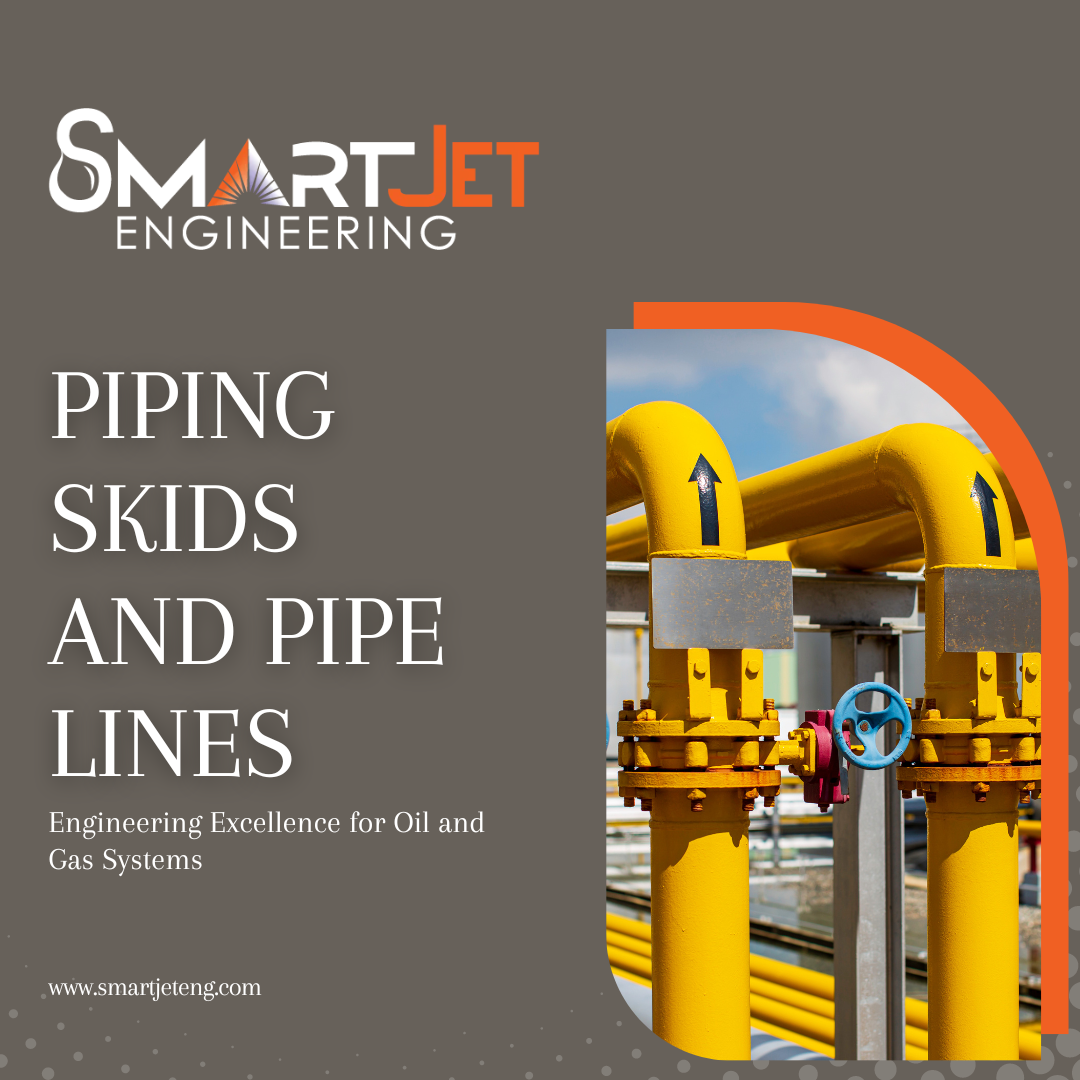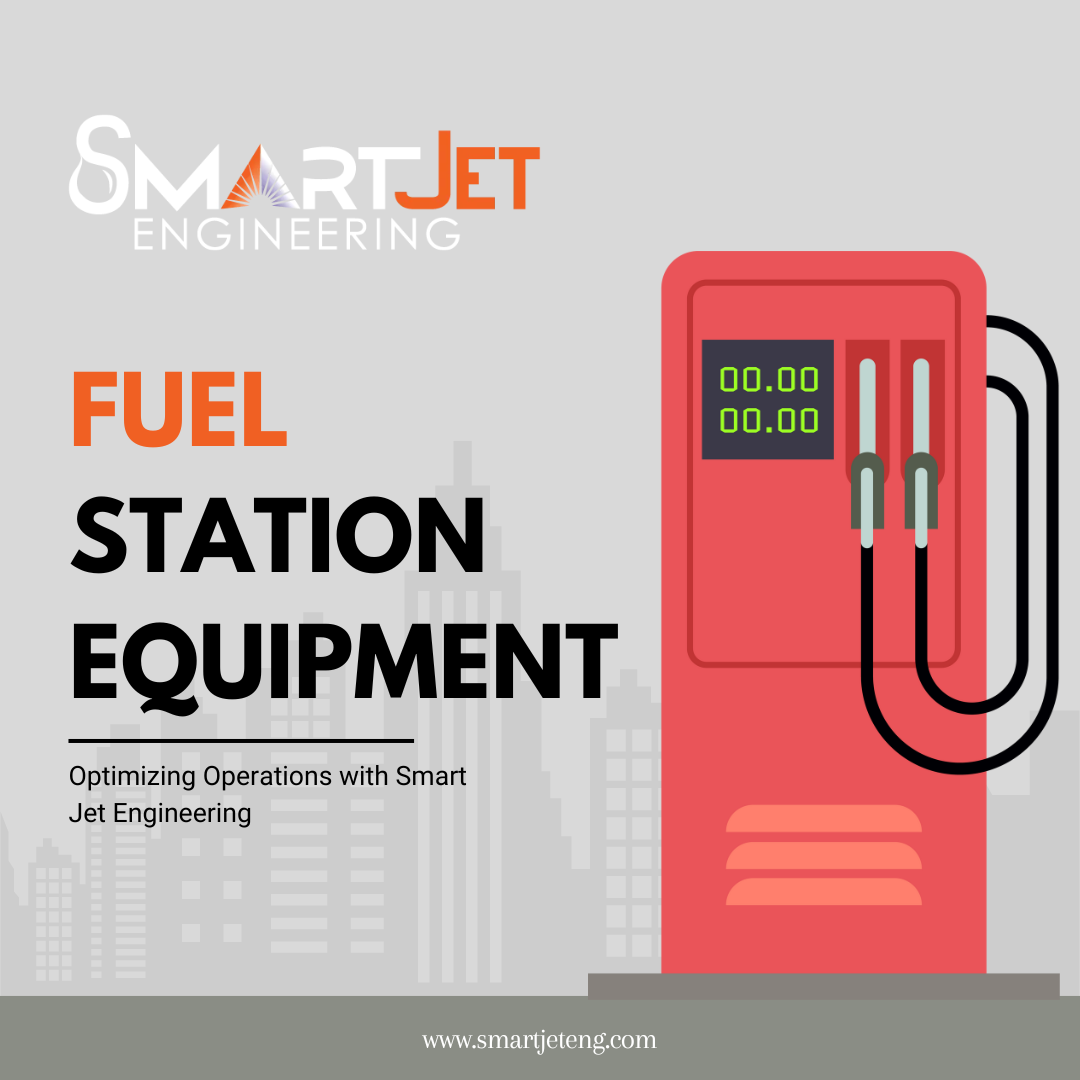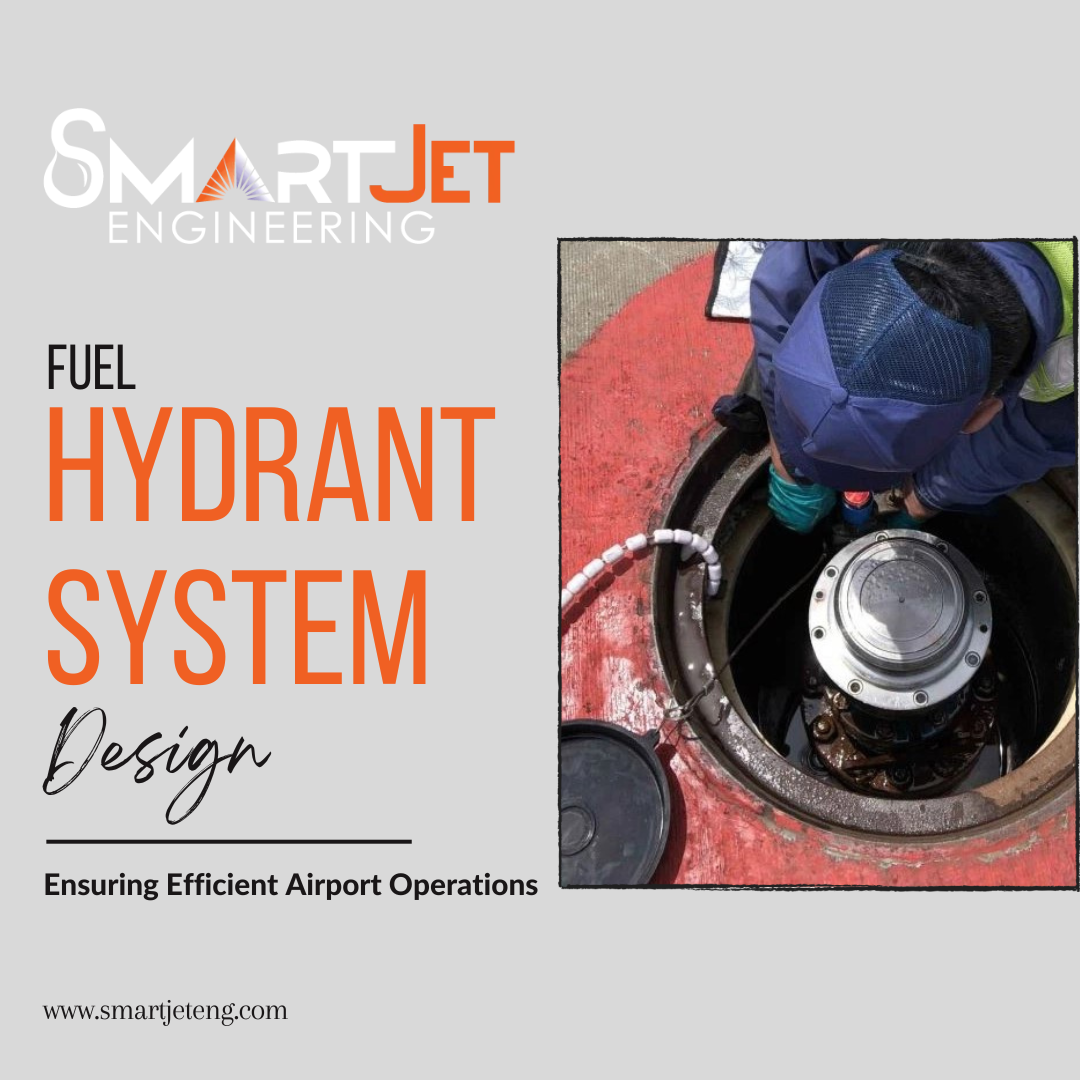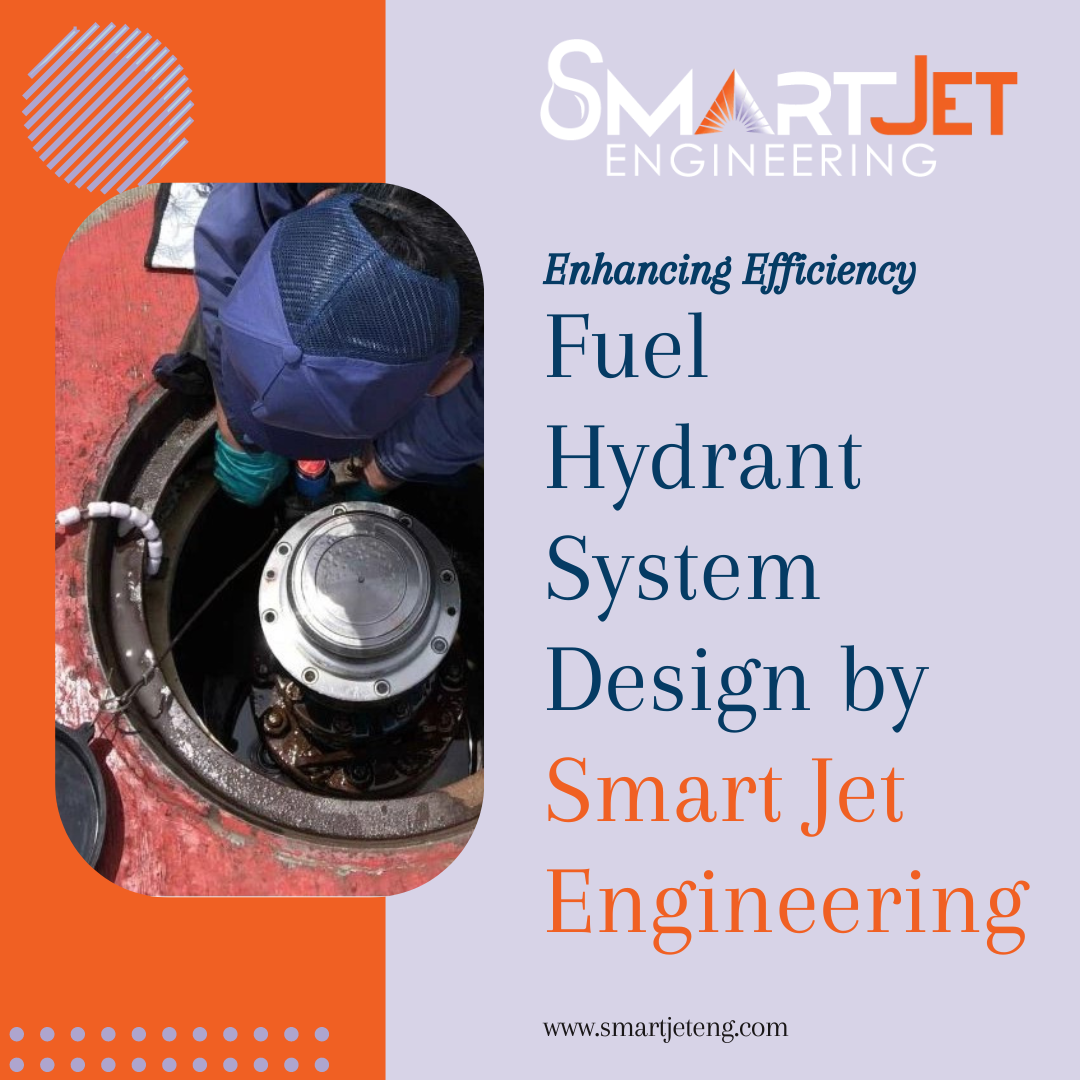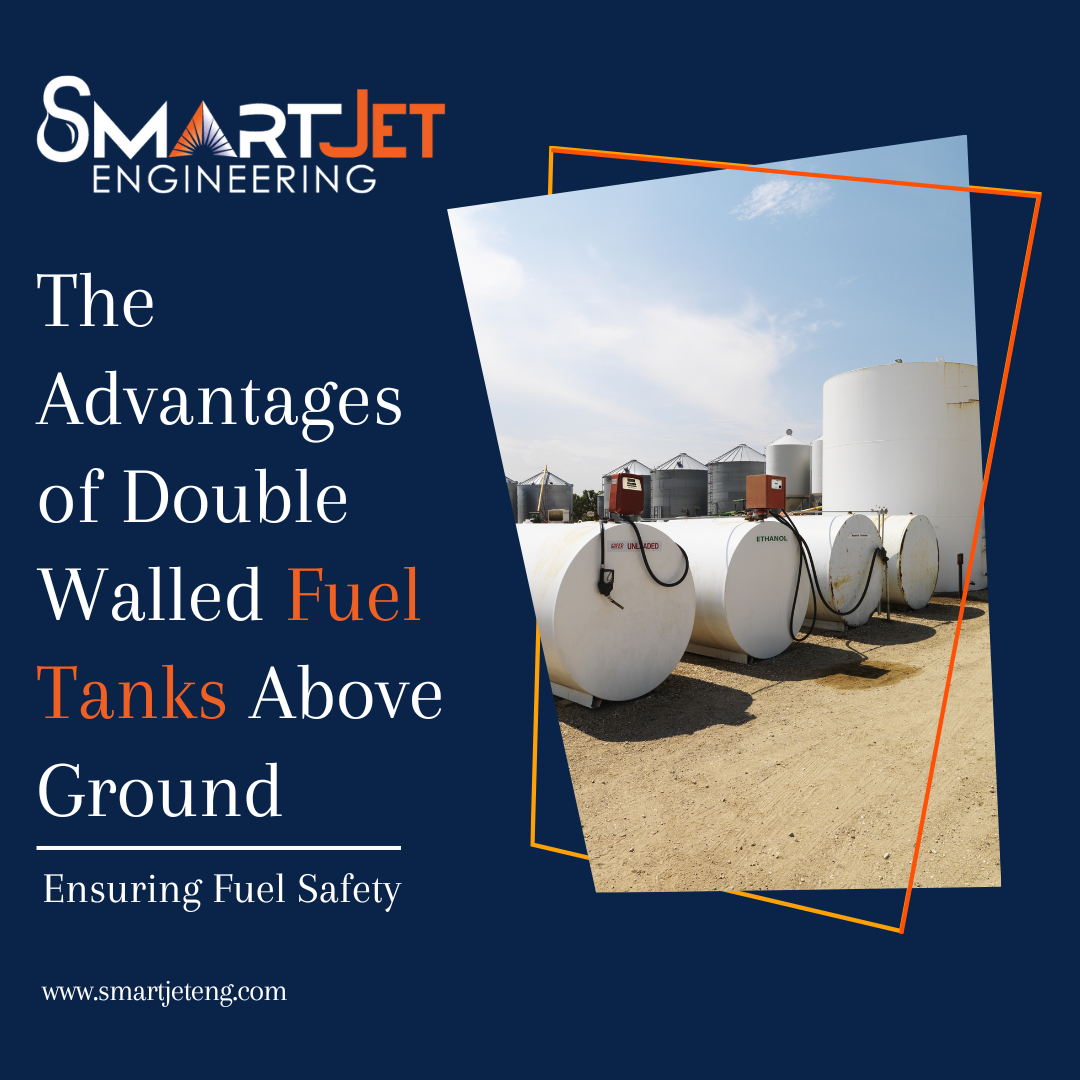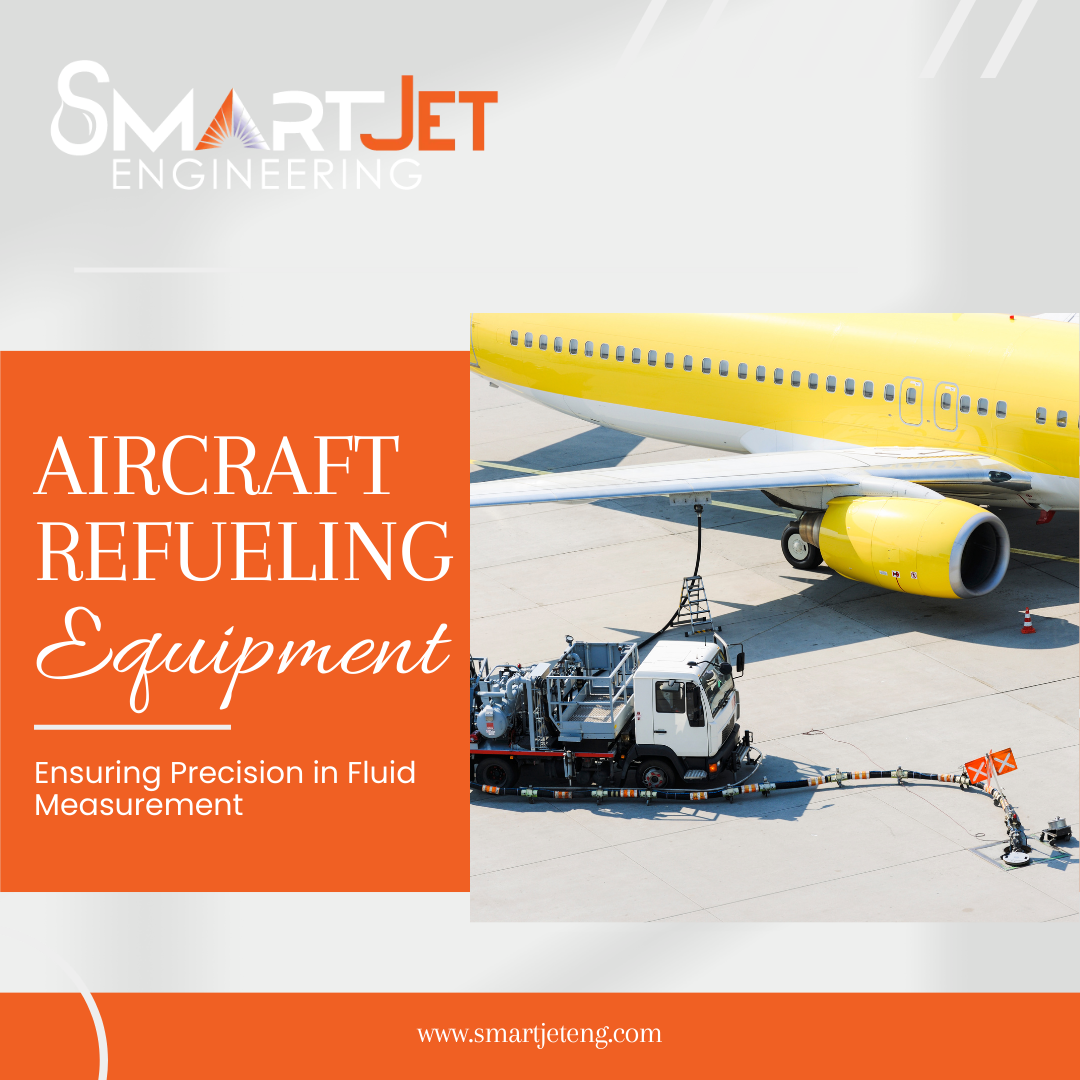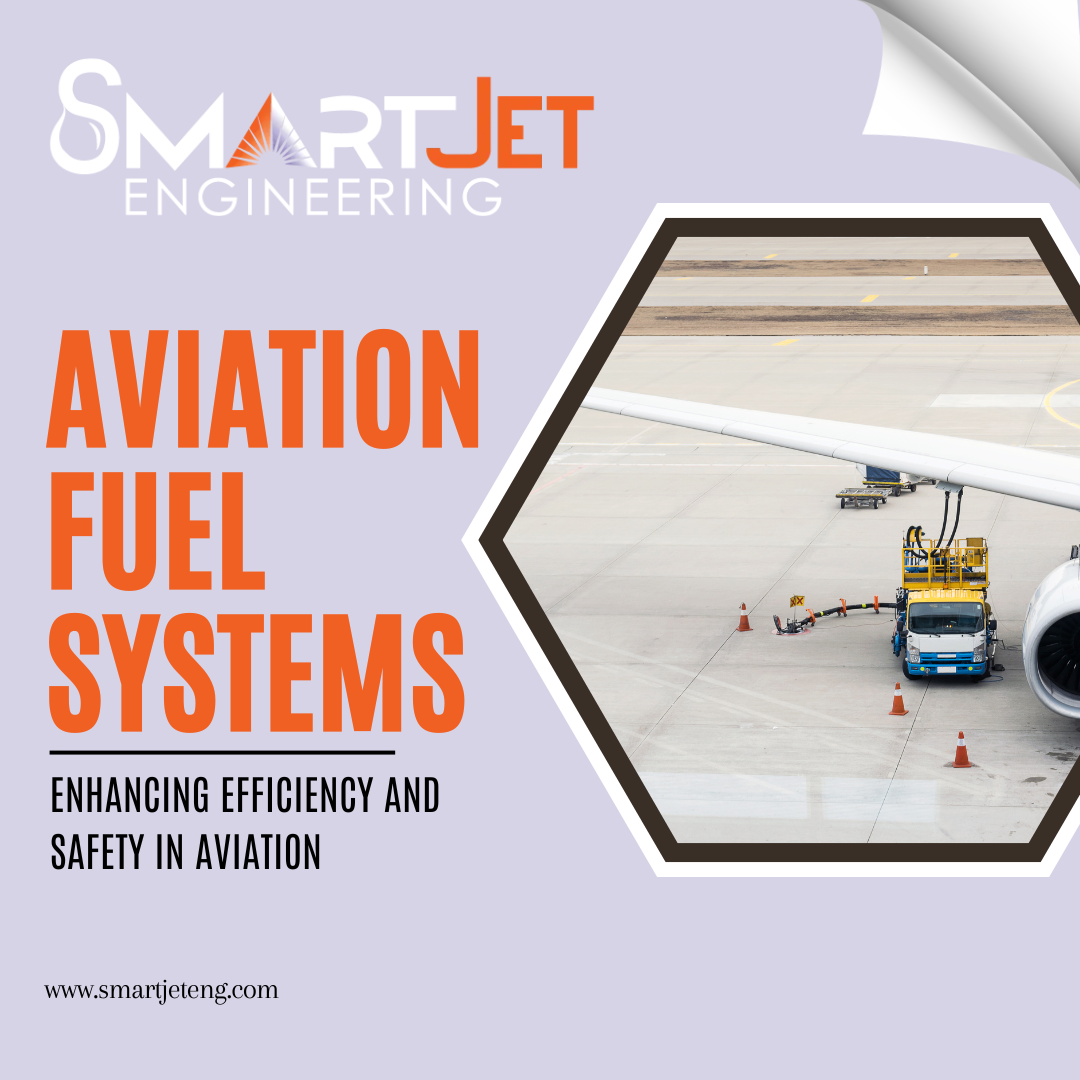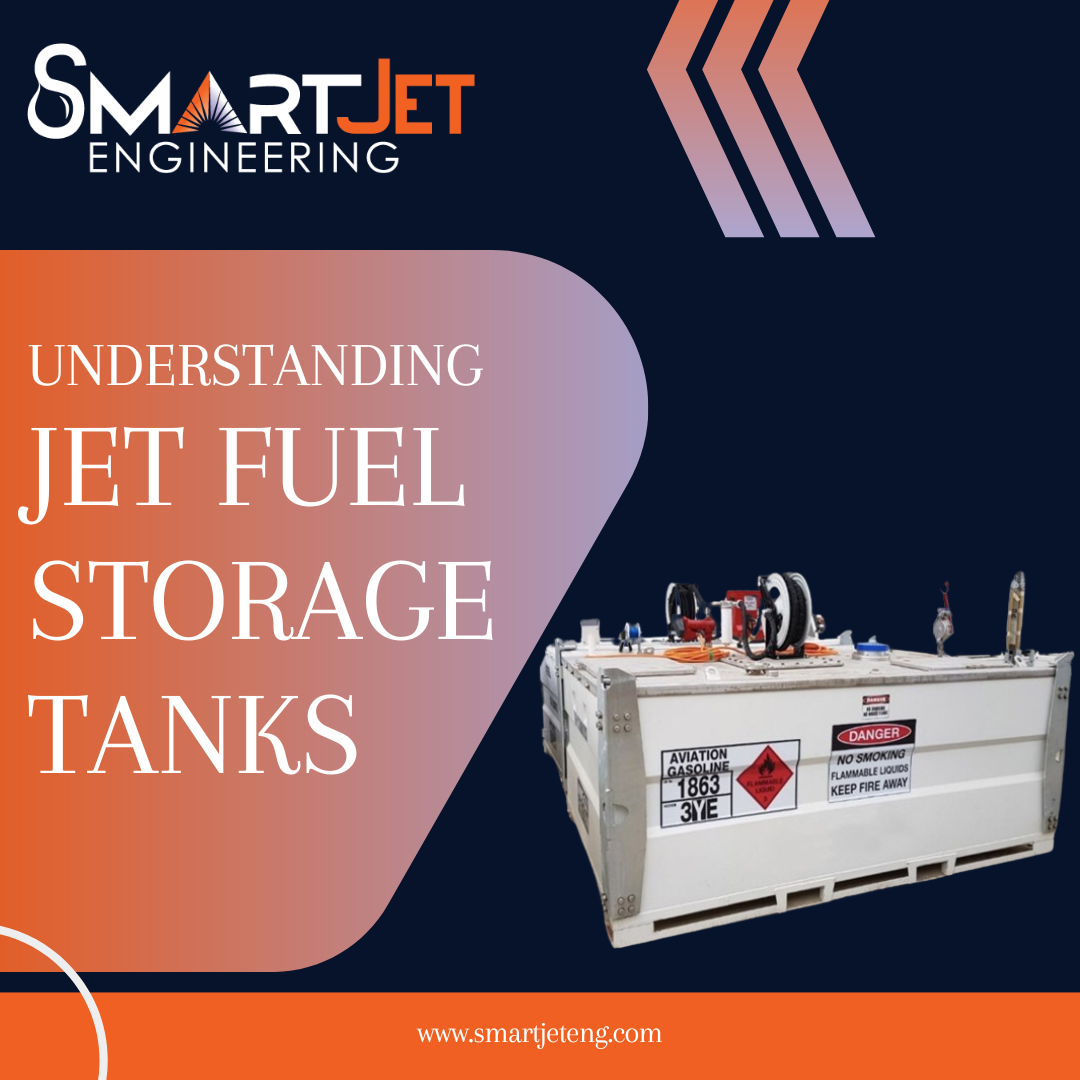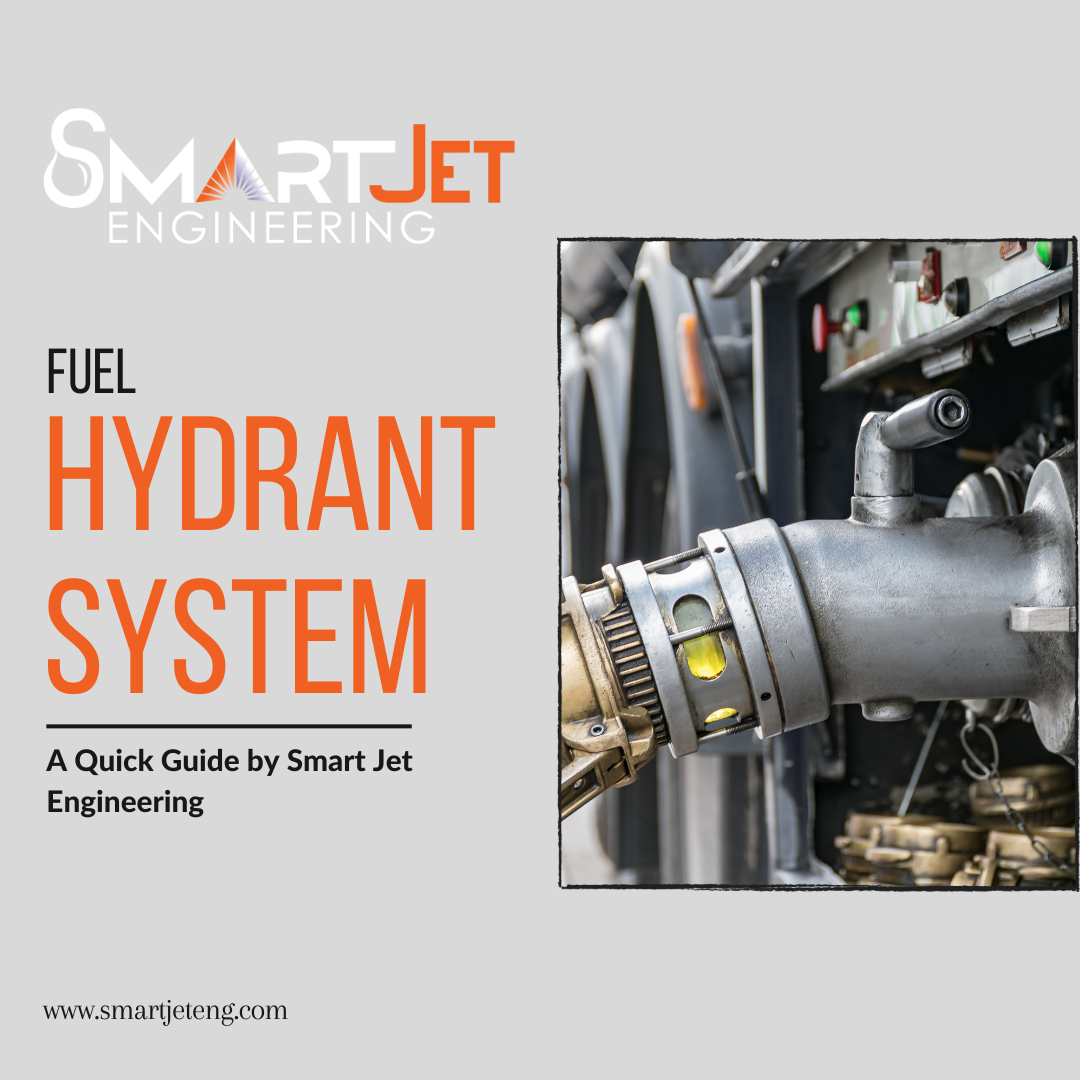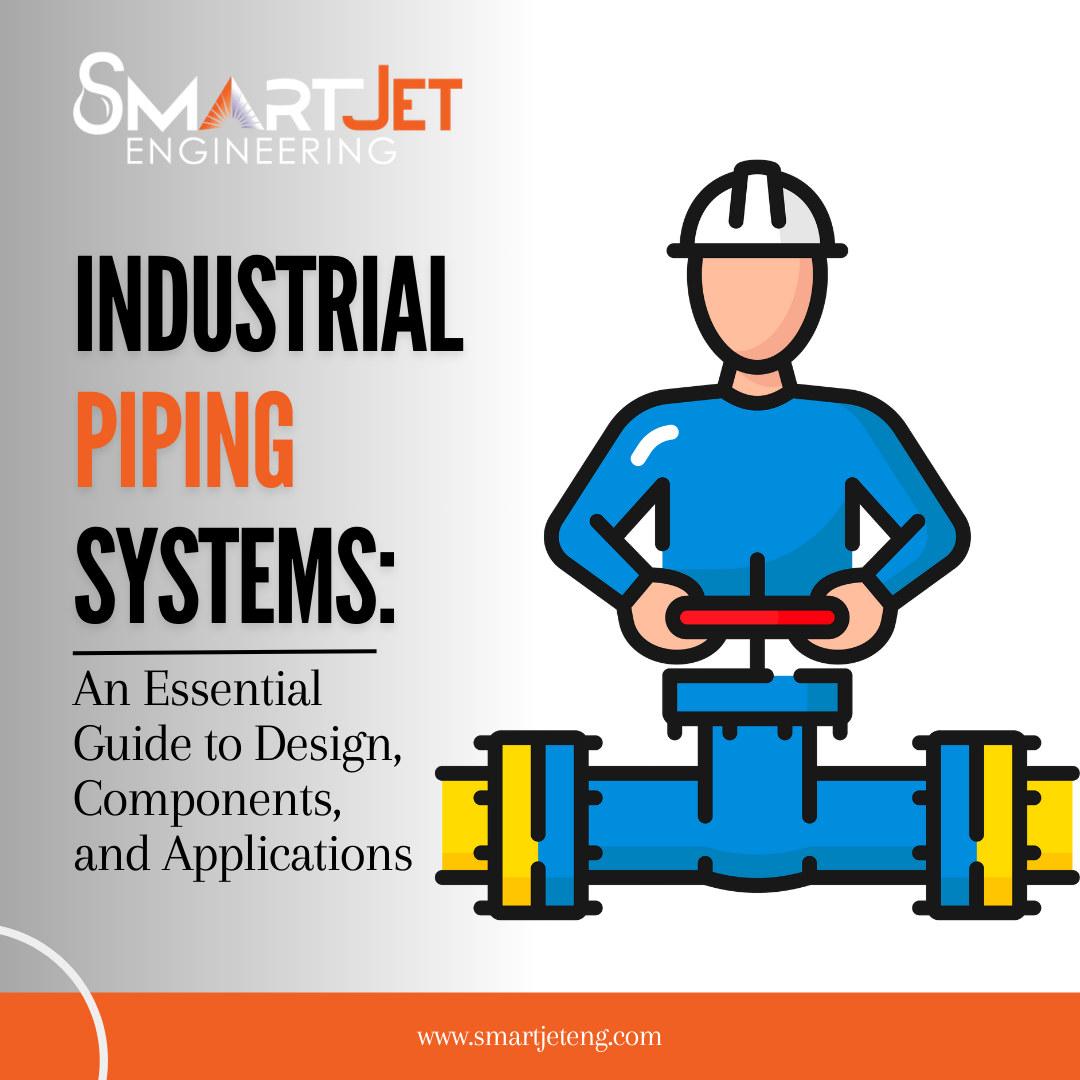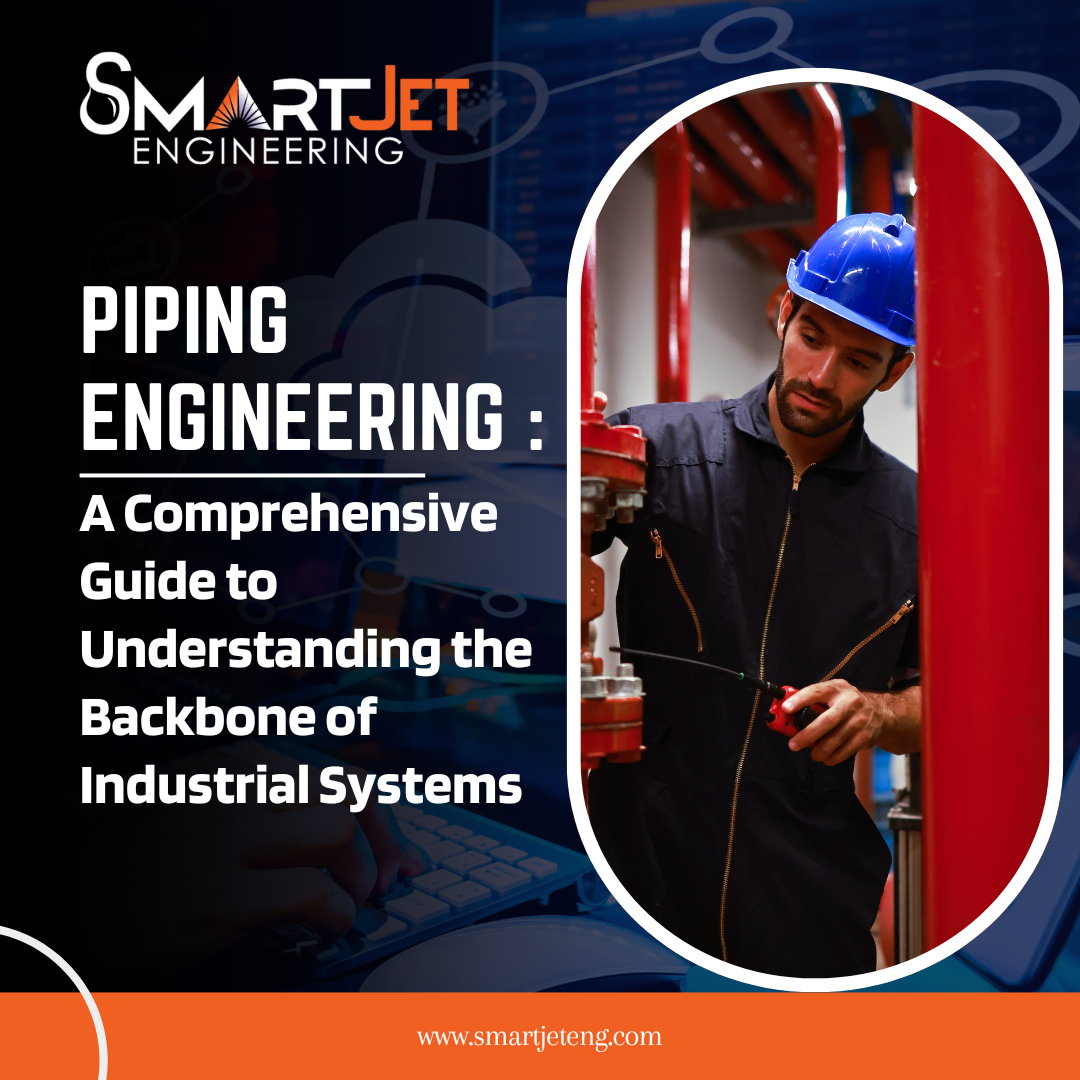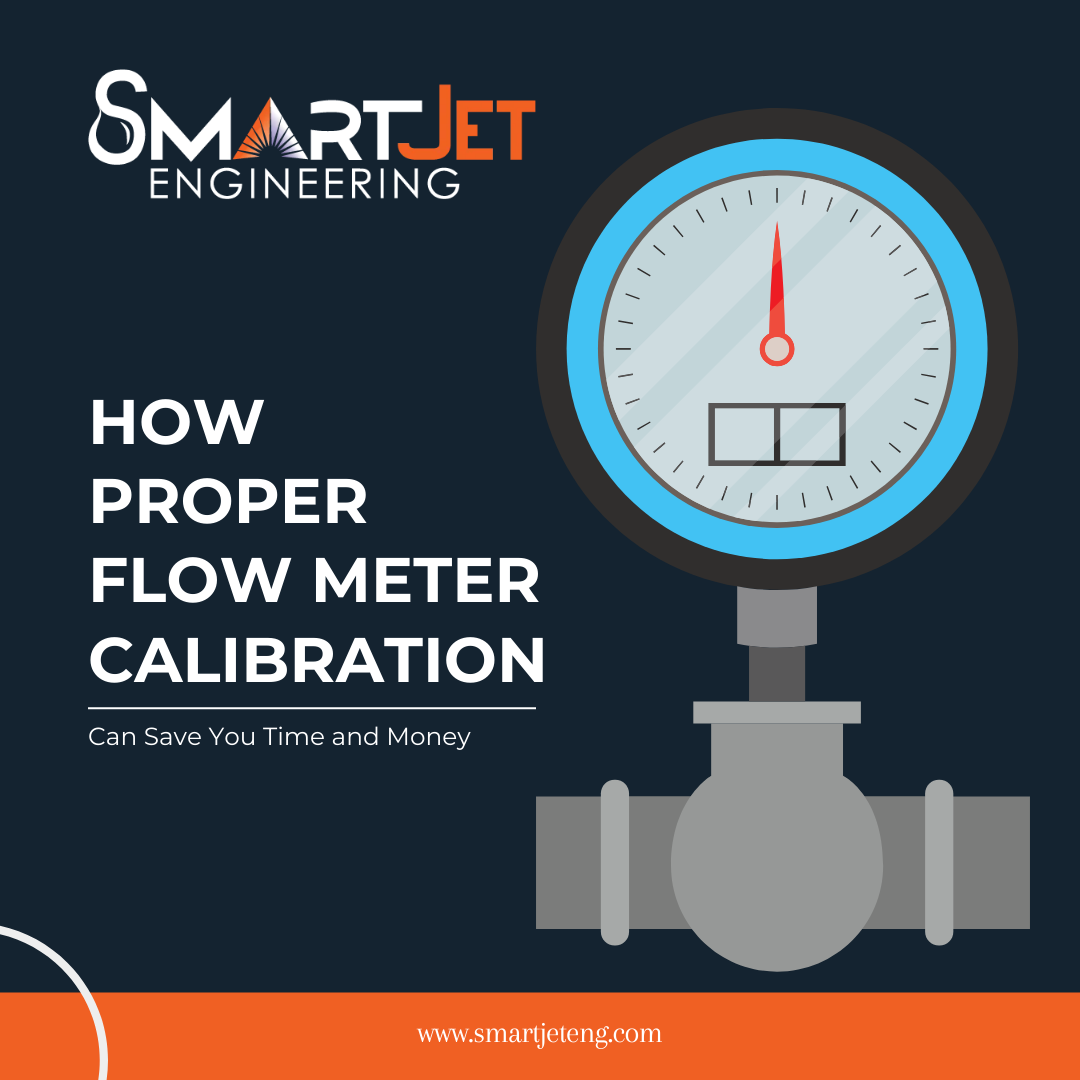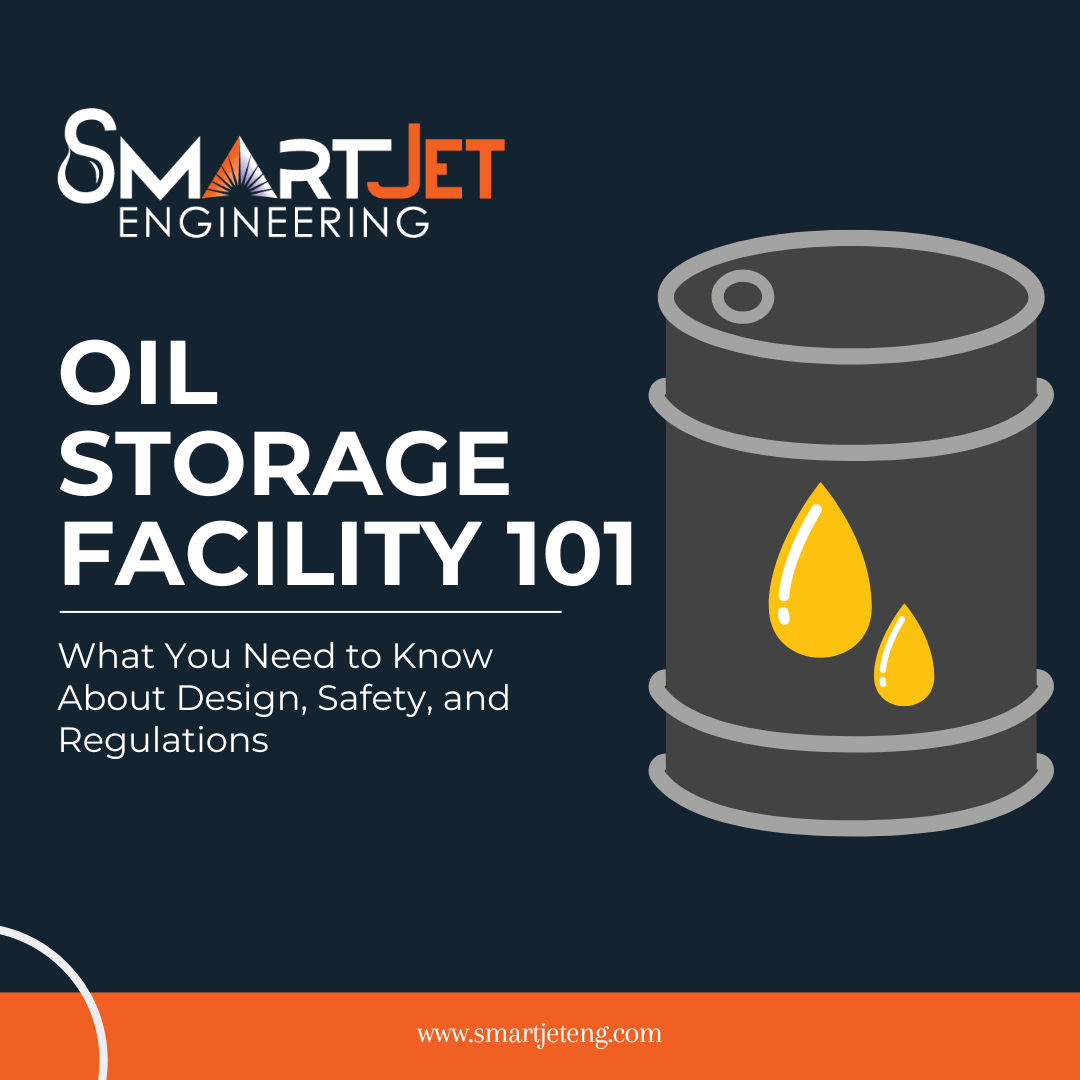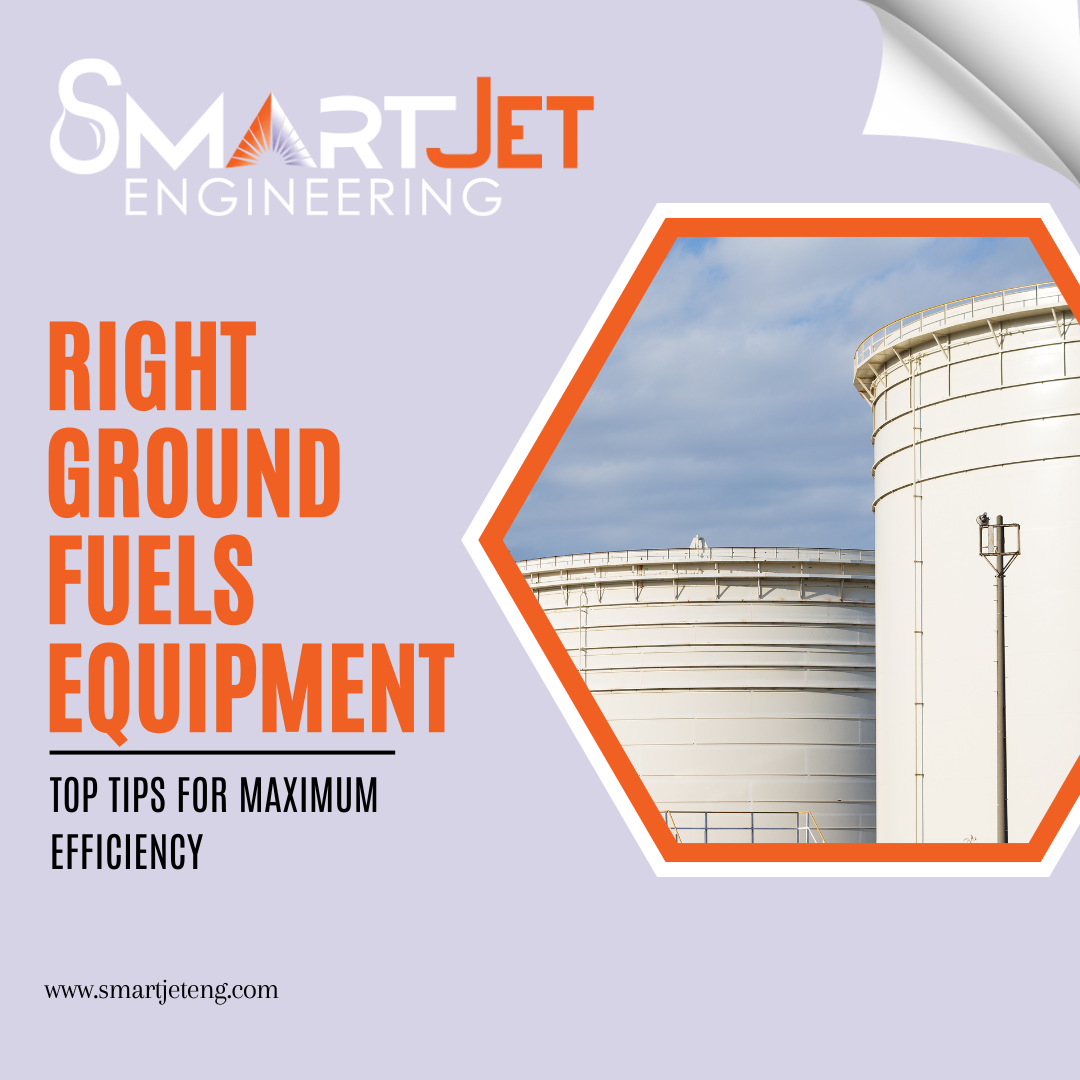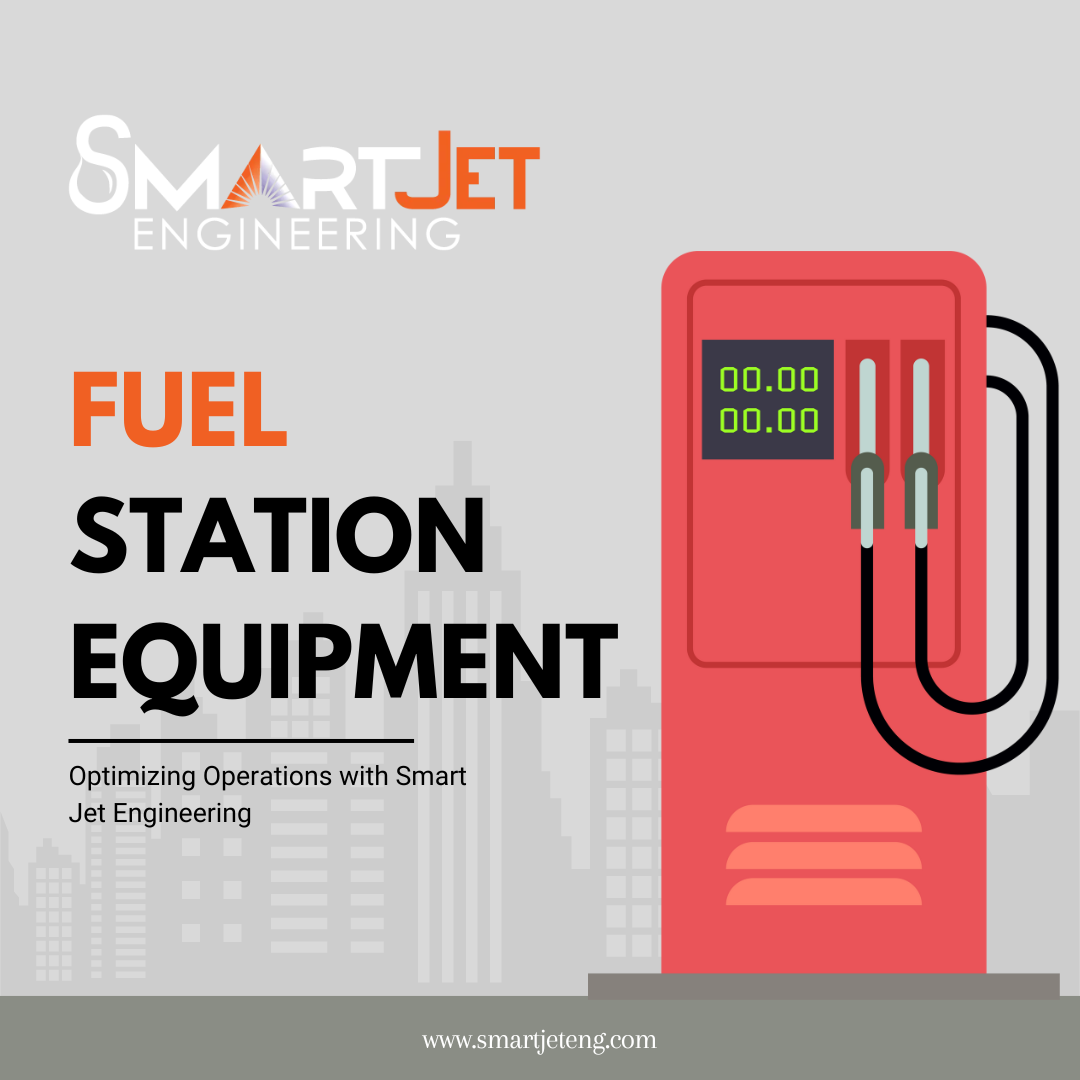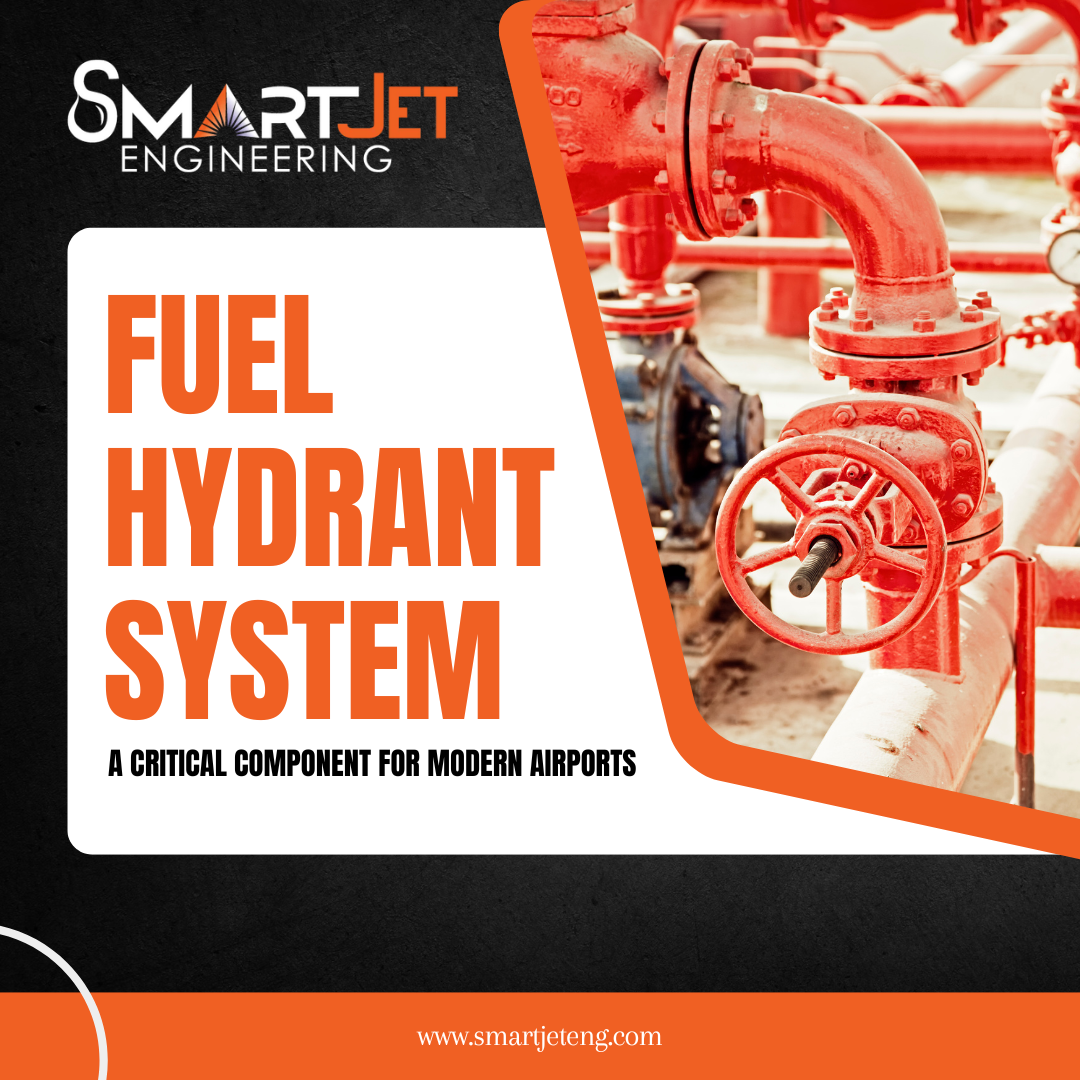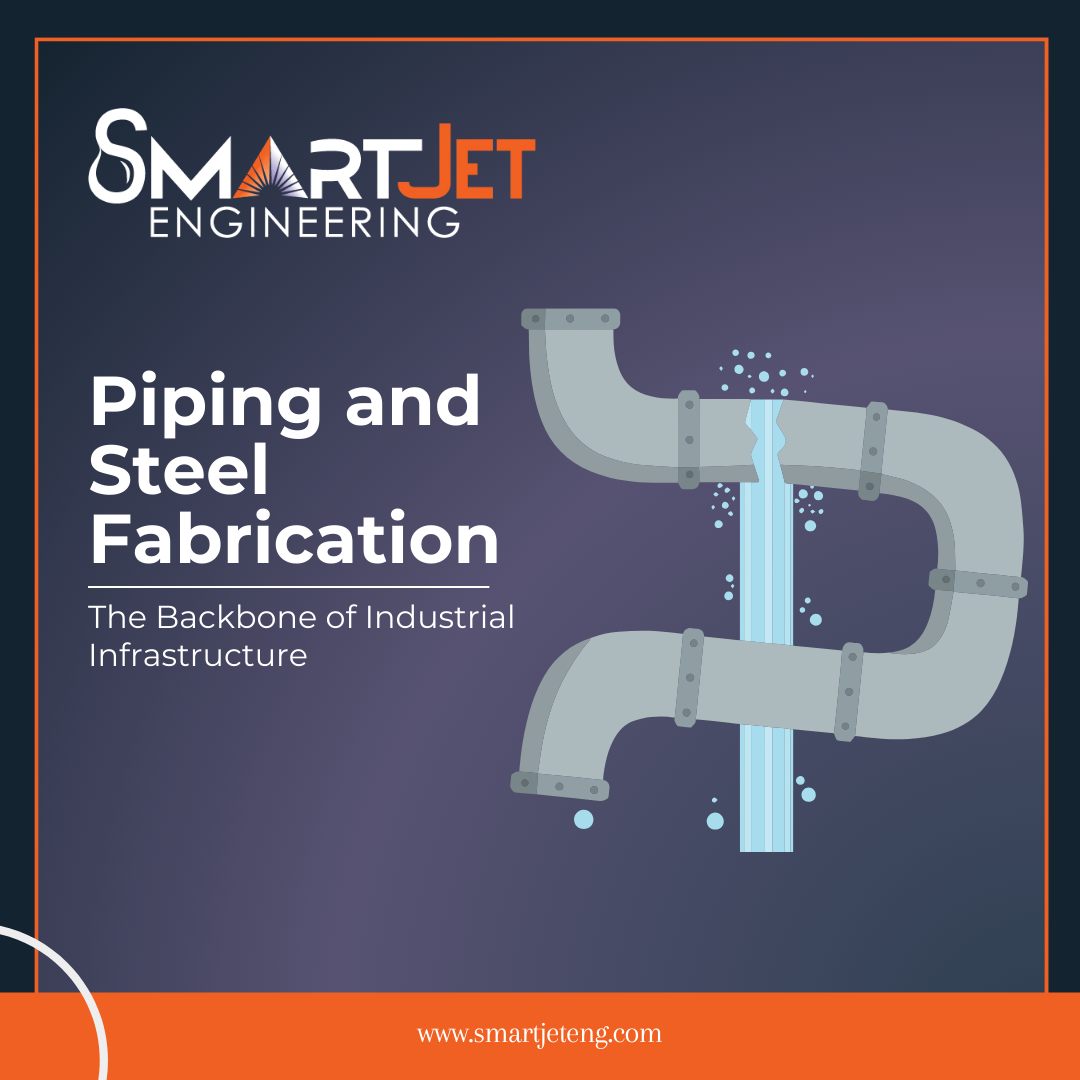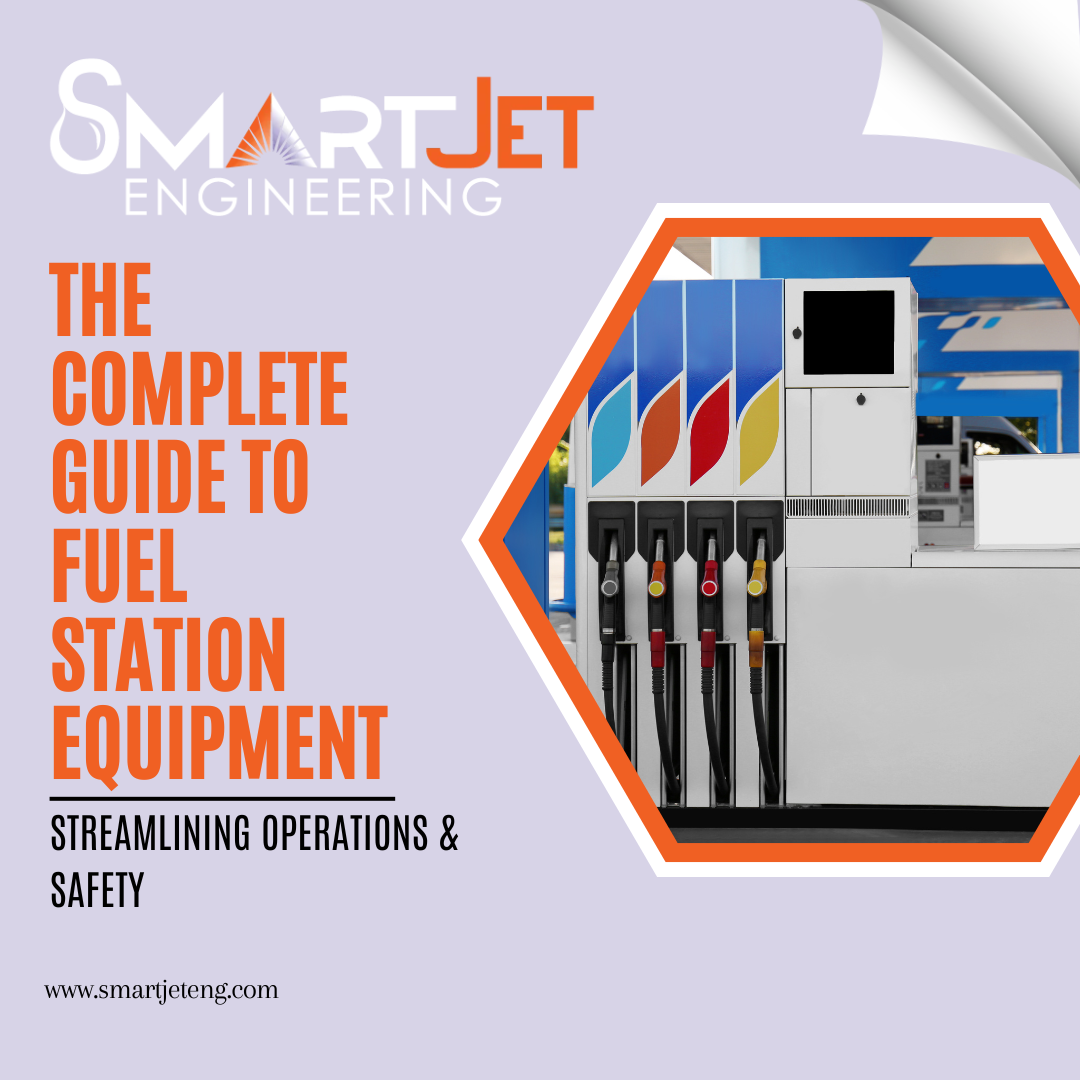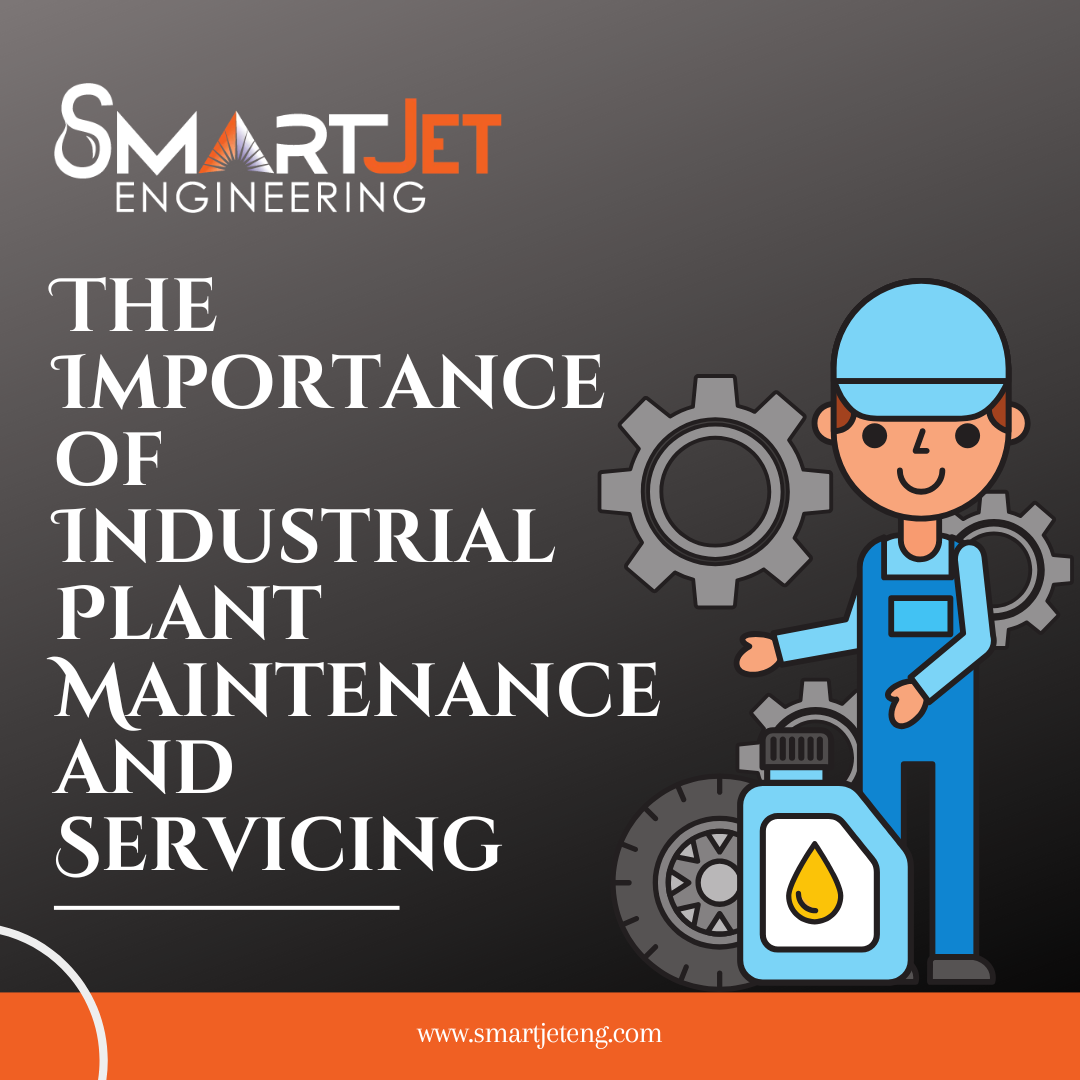Fuel Systems Engineering
By - Admin

Fuel Systems Engineering: Powering Innovation in Aerospace
Welcome to Smart Jet Engineering, your premier destination for cutting-edge aerospace solutions based in Dubai. In this blog post, we delve into the fascinating world of Fuel Systems Engineering, a cornerstone of modern aviation technology.
A Comprehensive Guide to Fuel Systems Engineering: Design, Safety, and Best Practices
Introduction
Fuel systems engineering is a crucial aspect of the energy sector, oil and gas, and aviation industries. This discipline encompasses the design, development, installation, and maintenance of systems that store, transport, and deliver fuel safely and efficiently. Smart Jet Engineering is a leader in this field, with over 20 years of experience providing integrated solutions to meet the needs of our clients.
In this comprehensive guide, we'll explore the importance of fuel systems engineering, key features, design considerations, safety and regulatory compliance, maintenance practices, emerging trends, training and education, frequently asked questions, and career opportunities.
Understanding Fuel Systems Engineering
Fuel systems engineering involves designing, building, and maintaining fuel storage and delivery systems that are safe, efficient, and compliant with regulations. Engineers in this field consider a range of factors, including system capacity, material durability, flow rates, environmental impact, and safety measures.
Importance of Fuel Systems Engineering
The importance of fuel systems engineering cannot be overstated. Properly designed fuel systems ensure:
- Safety: Reduced risk of accidents, leaks, and spills.
- Operational Efficiency: Smooth operations and minimized downtime.
- Regulatory Compliance: Adherence to safety and environmental regulations.
- Cost-Effectiveness: Reduced maintenance costs and longer service life.
Key Features of Fuel Systems Engineering
Fuel systems engineering focuses on several key features to ensure safety, reliability, and operational efficiency:
- Robust Design: Using high-quality materials that withstand pressure and resist corrosion.
- Advanced Monitoring: Real-time data collection to monitor fuel levels, pressures, and temperatures.
- Secondary Containment: Systems designed to capture and contain fuel spills.
- Corrosion Prevention:** Use of coatings and cathodic protection to prevent corrosion and extend system life.
Design Considerations
Designing fuel systems requires careful consideration of various factors:
- Capacity and Layout: Determining the appropriate fuel storage capacity and optimizing the layout.
- Materials Selection: Choosing durable materials resistant to corrosion.
- Environmental Impact: Designing to minimize environmental risks and meet regulatory requirements.
- Accessibility: Ensuring easy access for maintenance and inspection.
Safety and Regulatory Compliance
Safety is a top priority in fuel systems engineering, and regulatory compliance is crucial. Compliance with agencies like the Environmental Protection Agency (EPA) and Occupational Safety and Health Administration (OSHA) is essential. Key safety measures include:
- Fire Suppression Systems: To quickly address fire risks.
- Emergency Shutdown Systems: To handle emergencies and ensure safety.
- Spill Prevention and Control: Systems designed to prevent and manage fuel spills.
- Regular Safety Audits: Conducted to ensure compliance with safety standards.
Maintenance and Inspection
Regular maintenance and inspection are critical for the longevity and safety of fuel systems. Key practices include:
- Routine Inspections: Visual inspections and non-destructive testing to detect wear, corrosion, or damage.
- Cleaning and Corrosion Prevention: Removing contaminants and applying corrosion-resistant coatings.
- Pressure Testing: Ensuring the integrity of the system through hydrostatic and pneumatic pressure testing.
- Valve and Flange Maintenance: Lubricating moving parts and replacing worn components.
Emerging Trends in Fuel Systems Engineering
The field of fuel systems engineering is evolving with new trends and technologies. Here are some emerging trends:
- Green Engineering: Designing fuel systems with sustainability and reduced environmental impact in mind.
- IoT and Smart Technology: Utilizing sensors and data analytics for real-time monitoring of fuel systems.
- Automation: Increasing automation for fuel handling and maintenance to improve efficiency and safety.
Training and Education
Proper training and education are key to ensuring safe and efficient fuel systems operations. Important training areas include:
- Technical Training: Covering design, pressure testing, and maintenance.
- Safety Training: Focusing on emergency response and regulatory compliance.
- Operational Training: Hands-on experience in fuel handling and system maintenance.
Frequently Asked Questions (FAQ)
1. What materials are commonly used in fuel systems engineering?
Common materials include stainless steel, carbon steel, and high-density polyethylene (HDPE) due to their durability and corrosion resistance.
2. How often should fuel systems be inspected?
Regular inspections are recommended, typically once a year, with additional checks based on specific usage and risk factors.
3. What are the key components of a fuel system?
Key components include storage tanks, piping systems, valves, flanges, pumps, and monitoring equipment.
4. What safety measures are essential for fuel systems?
Safety measures include fire suppression systems, secondary containment, emergency shutdown systems, and regular safety audits.
5. Can fuel systems be customized for specific applications?
Yes, fuel systems can be tailored based on capacity, layout, and specific industry requirements.
6. What career opportunities are available in fuel systems engineering?
Career opportunities range from design and engineering roles to technical support, quality assurance, project management, and field service. Smart Jet Engineering offers a variety of career paths, providing opportunities to work with leading technologies and gain expertise in the energy, oil and gas, and aviation fuel industries.
Conclusion
Fuel systems engineering is a complex yet crucial discipline in many industries, providing the foundation for safe, efficient fuel storage and distribution. By focusing on safety, efficiency, and compliance, Smart Jet Engineering ensures its fuel systems meet the highest standards. As technology advances, emerging trends in automation and sustainability will continue to drive innovation in fuel systems engineering.
Search
Popular Posts

Fuel Management Systems: Smarter Control for Modern Fuel Operations
December 10, 2025

Pipe Support Engineering: Ensuring Strength, Stability, and Long-Term Reliability
December 10, 2025

Mobile Fuel Equipment: The Future of Safe and Efficient On-Site Refueling
December 10, 2025

Fuel Dispensing Systems: Reliable Solutions for Safe and Efficient Fuel Delivery
December 10, 2025

Tanker Refurbishment and Modification Services in UAE | Smart Jet Engineering
November 29, 2025



